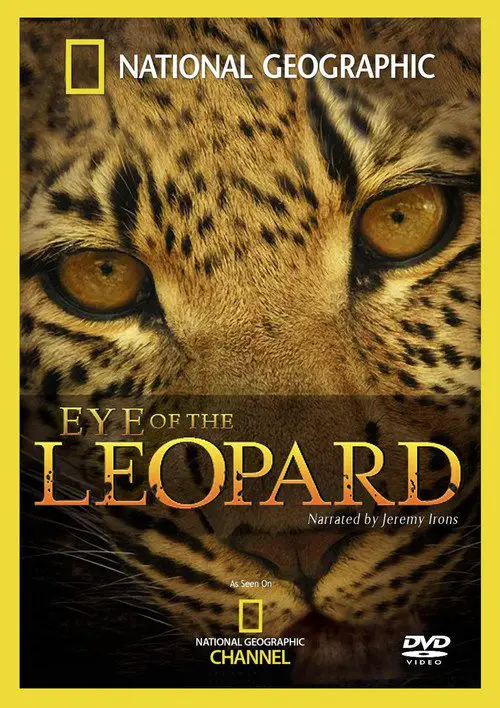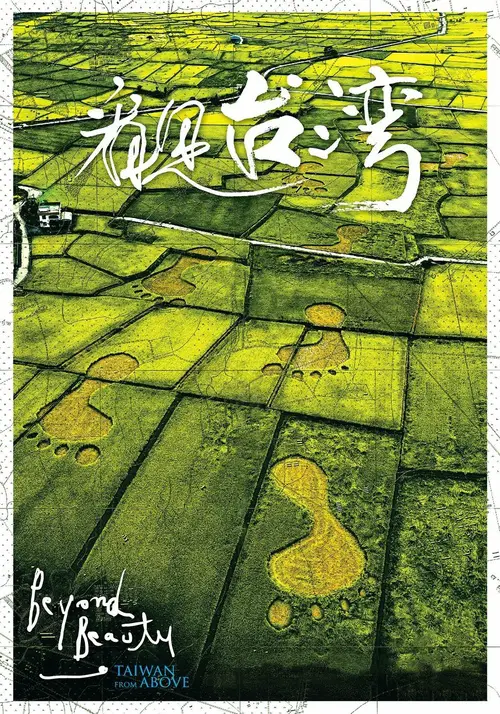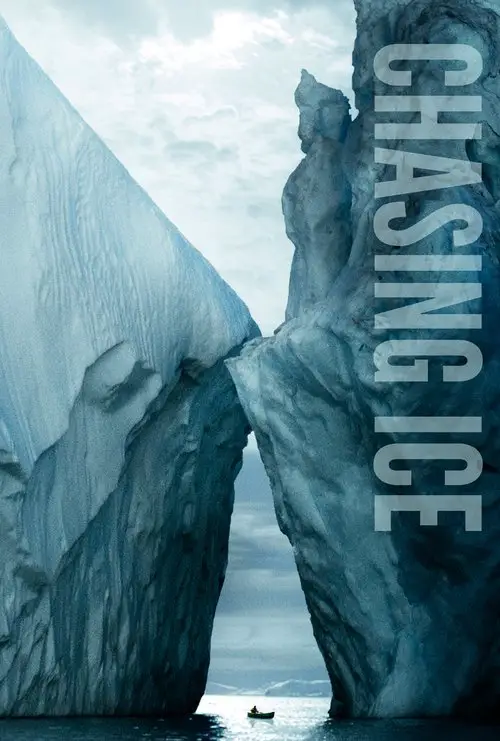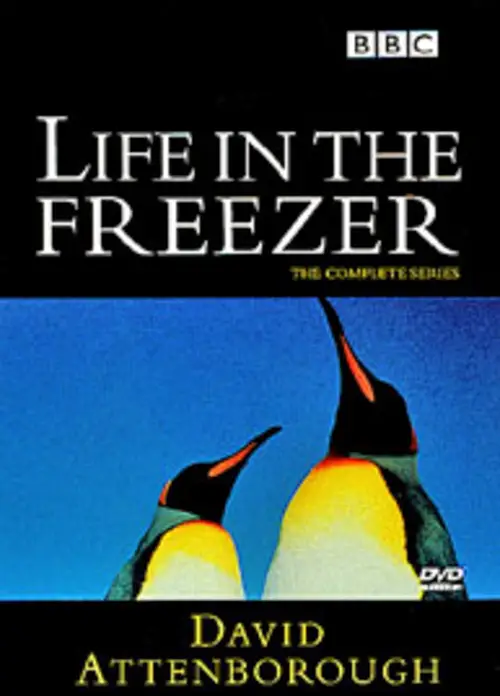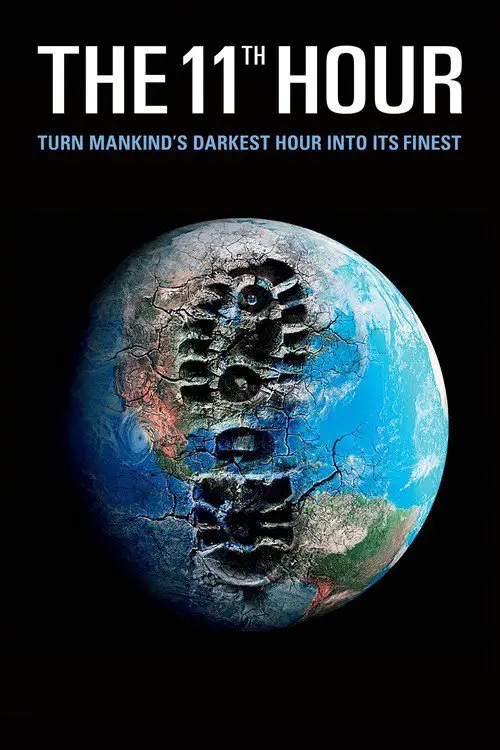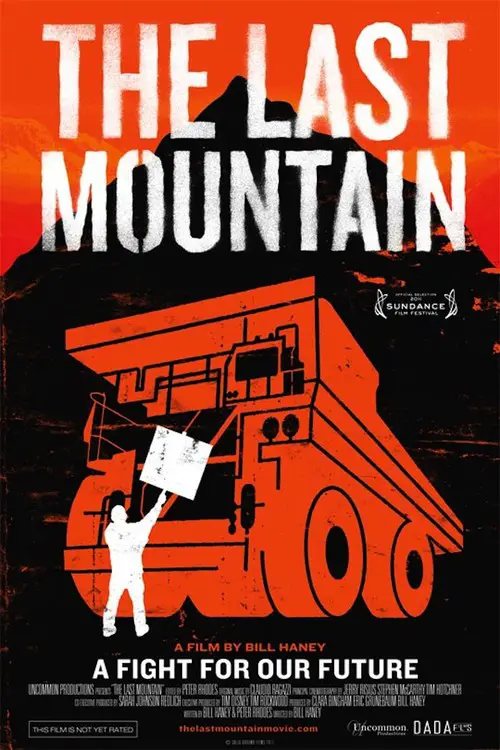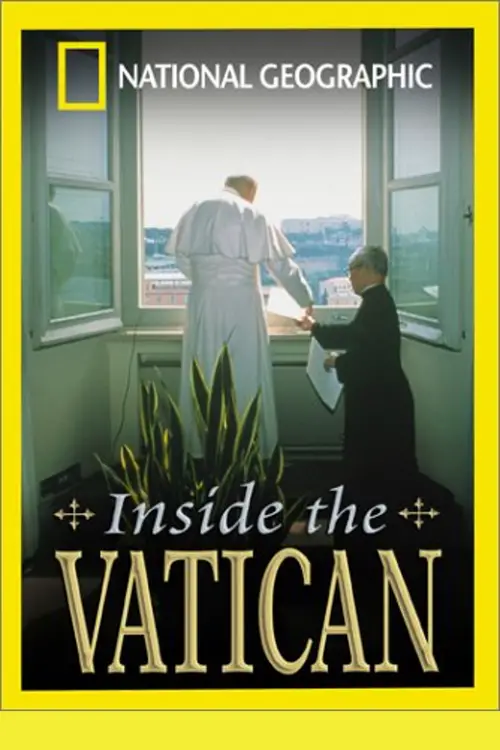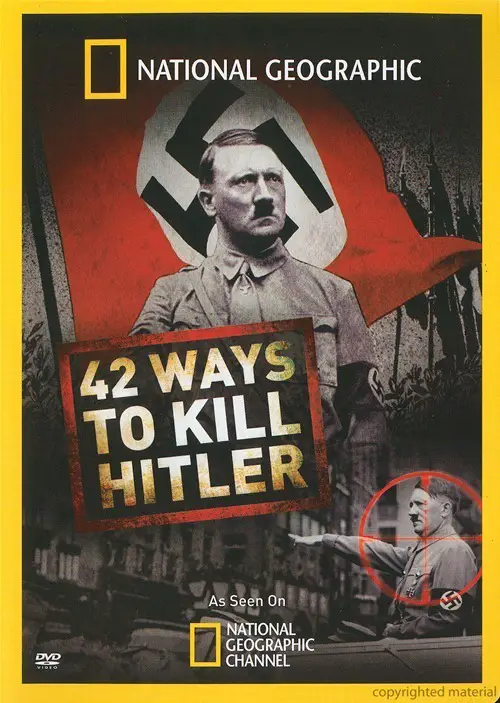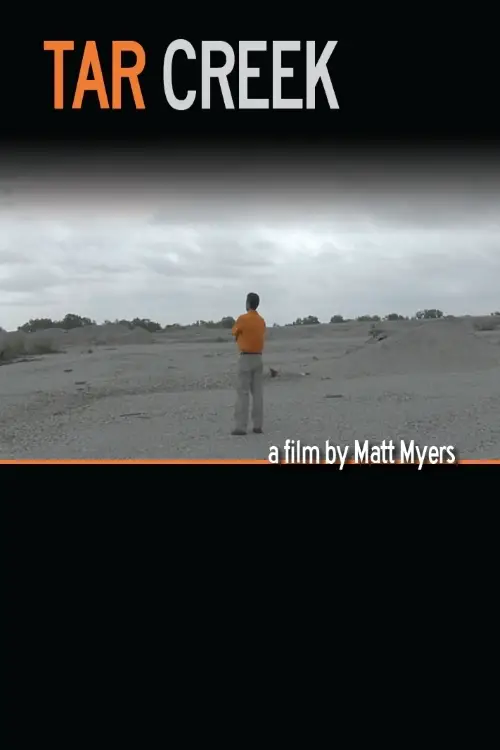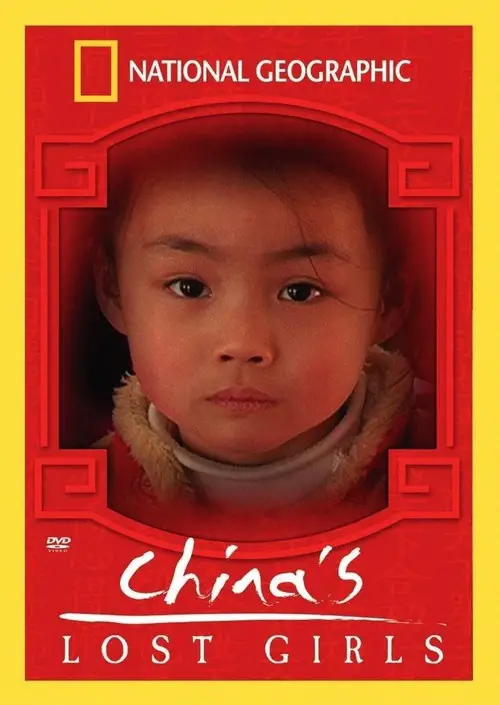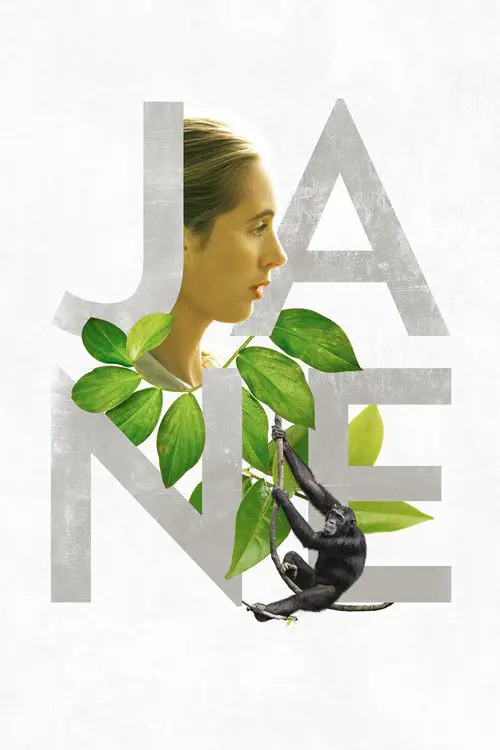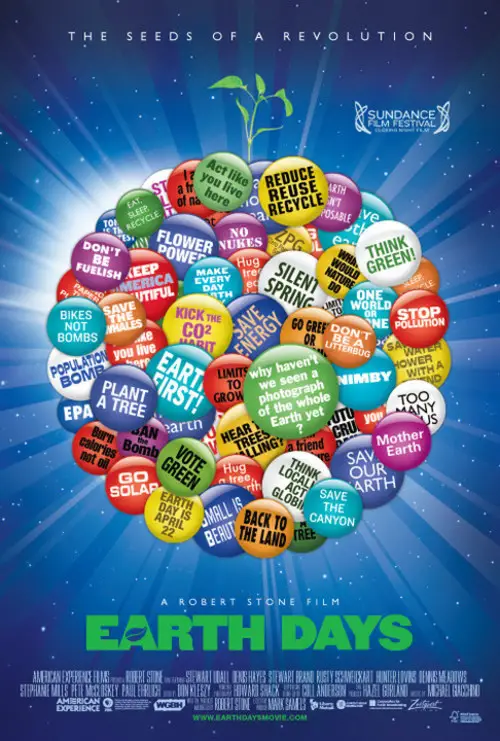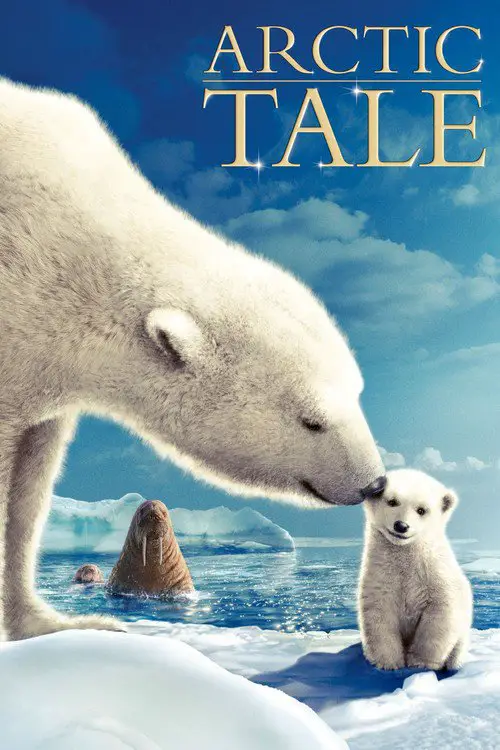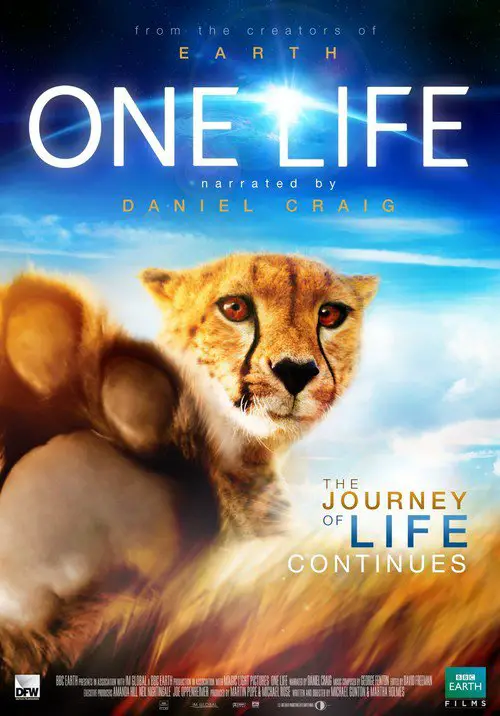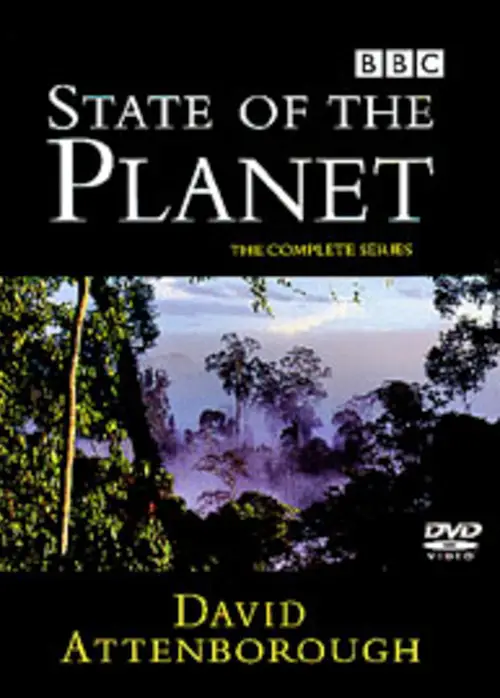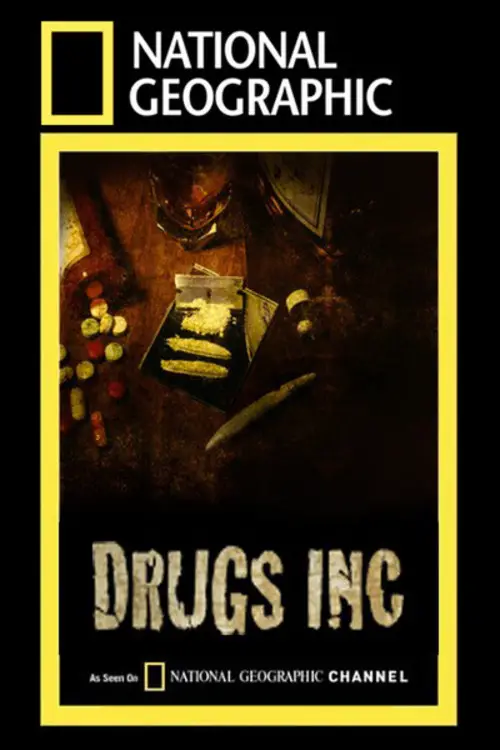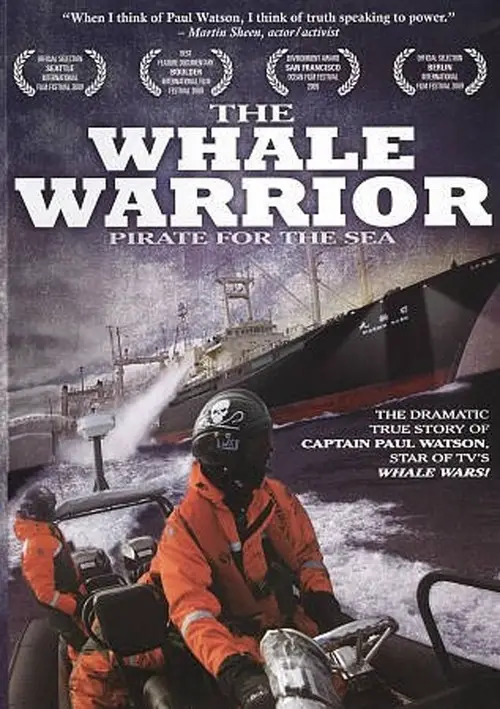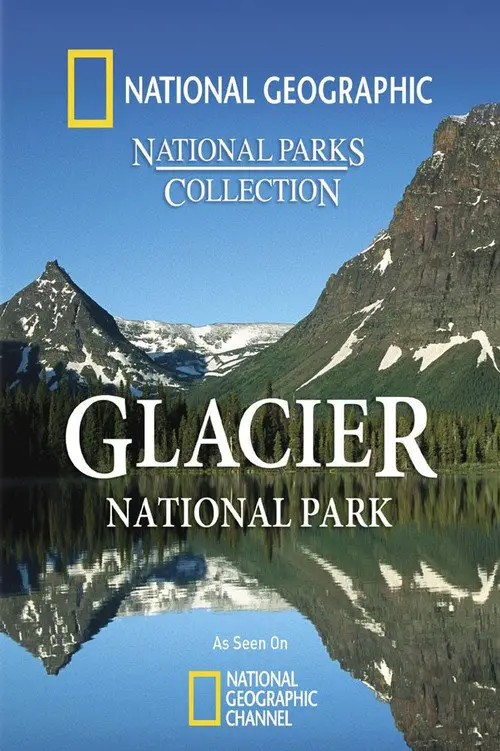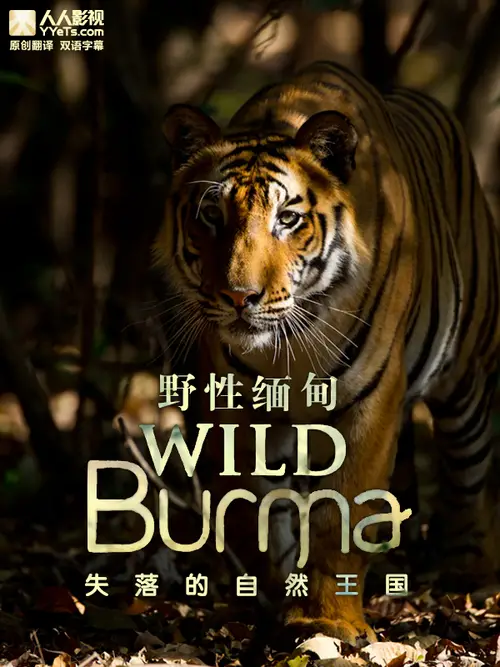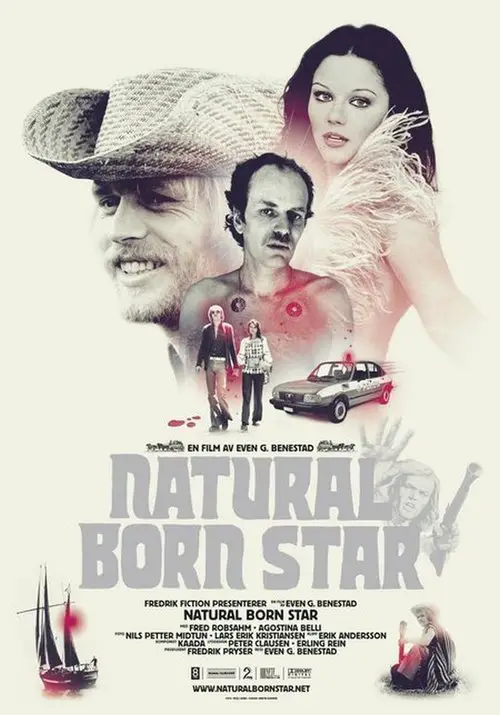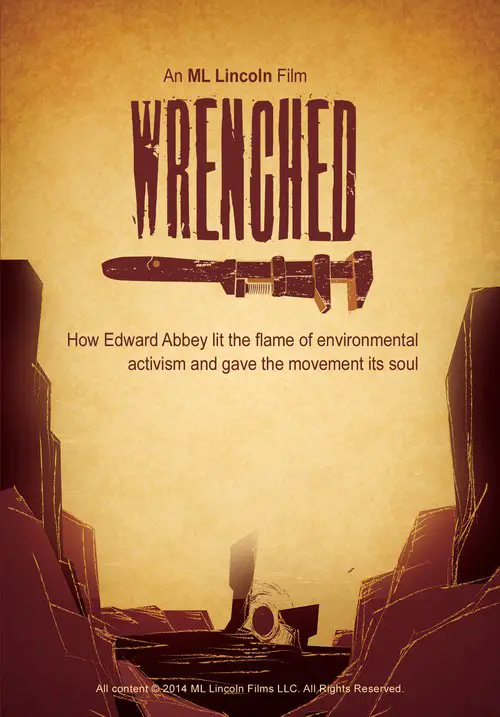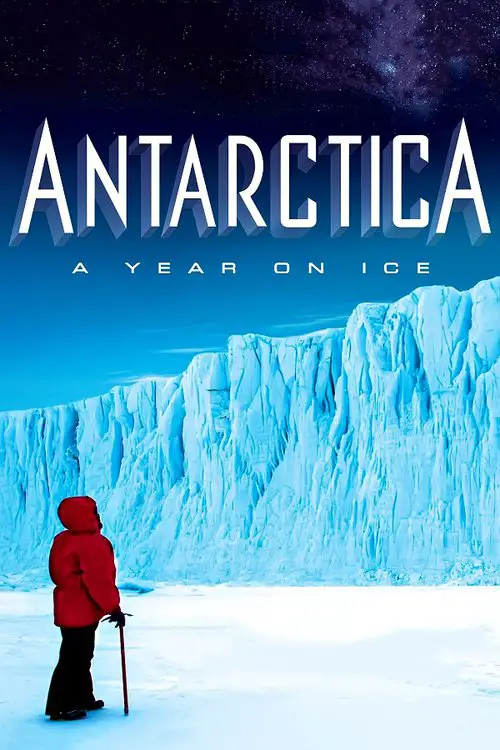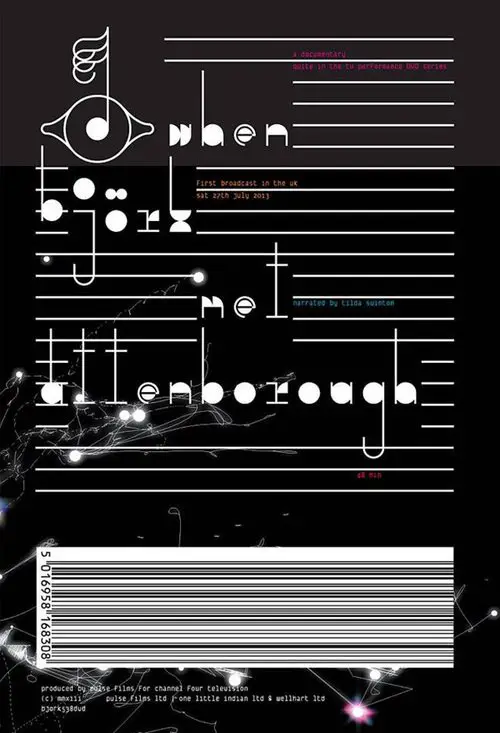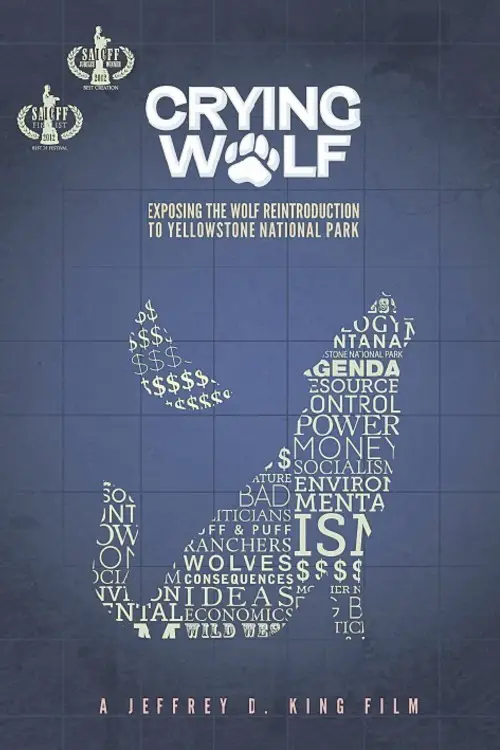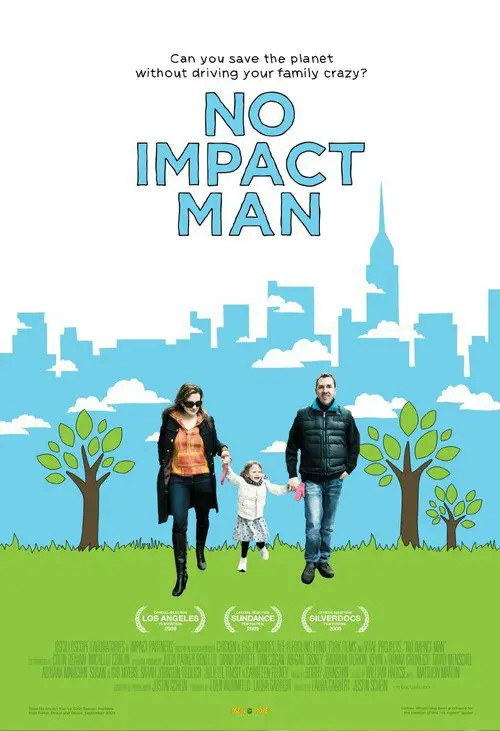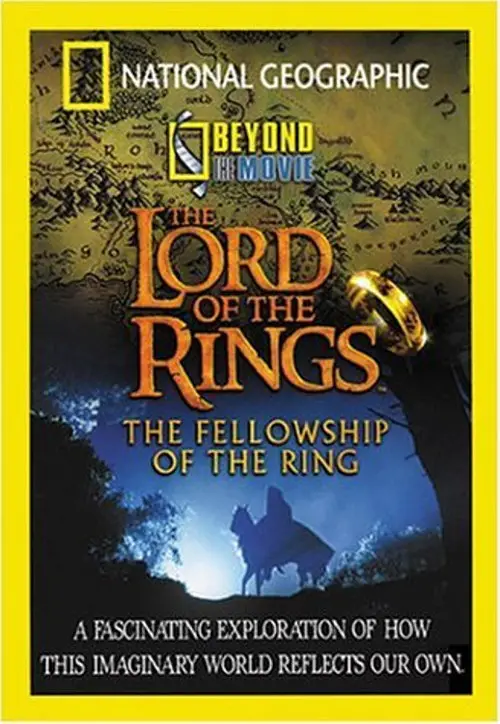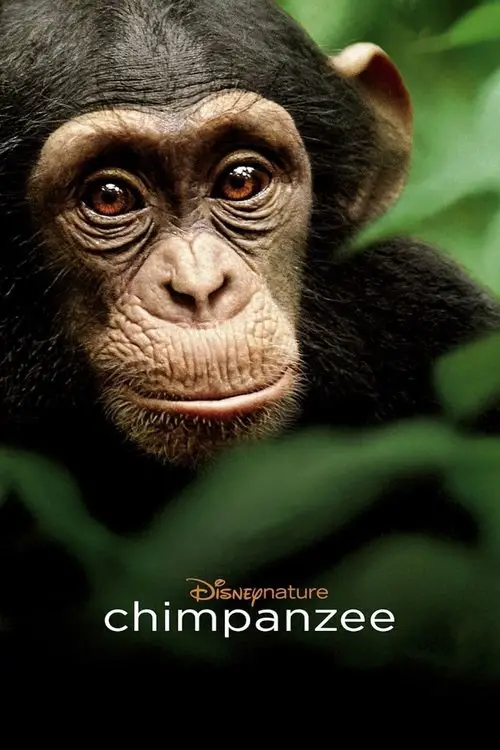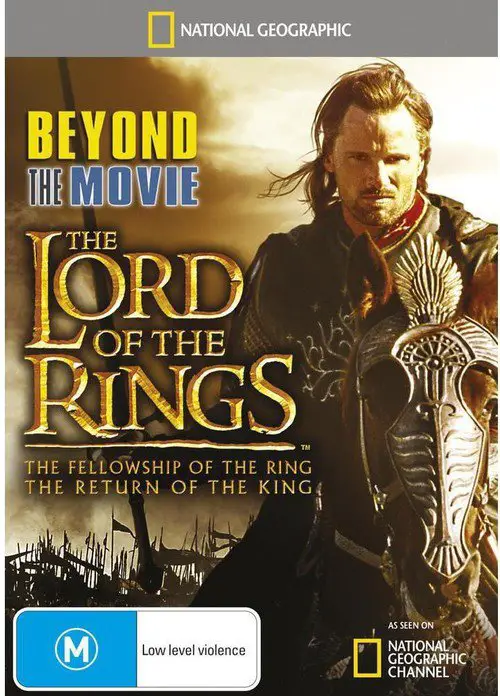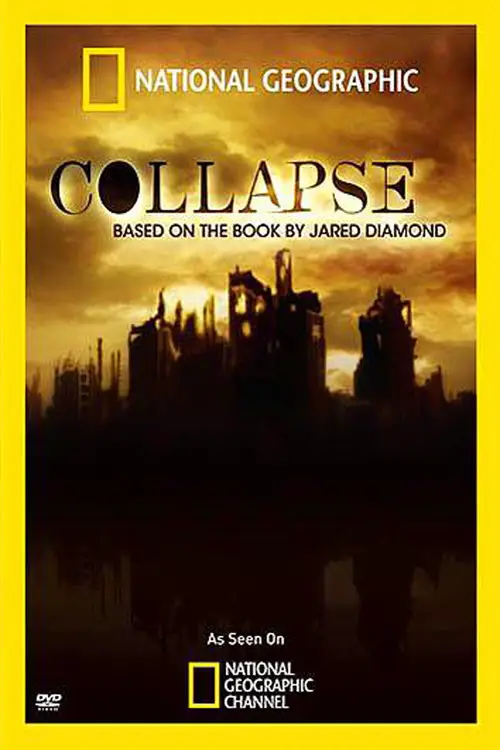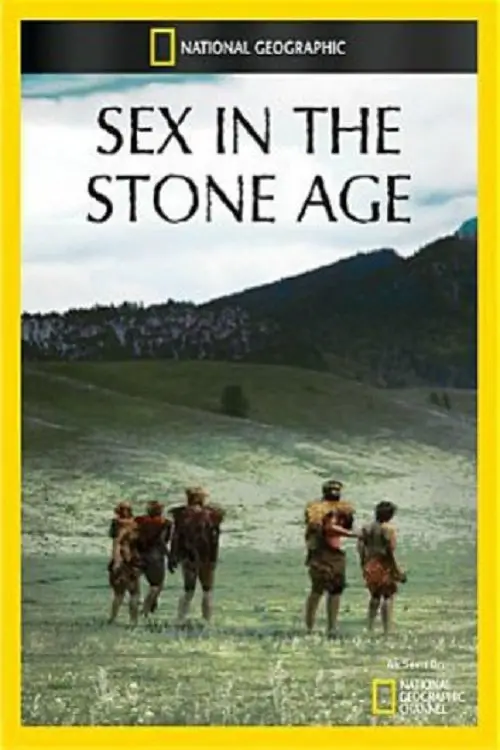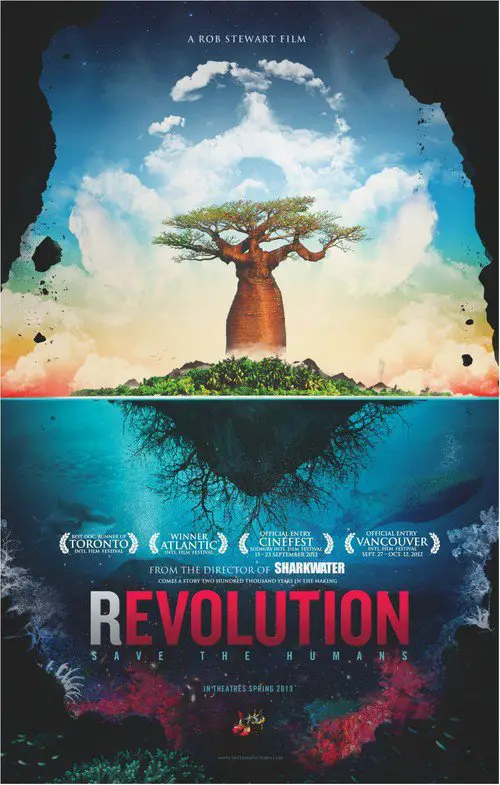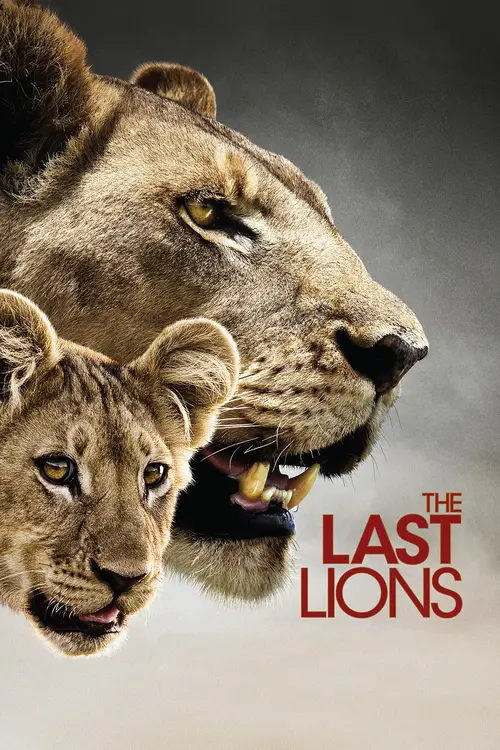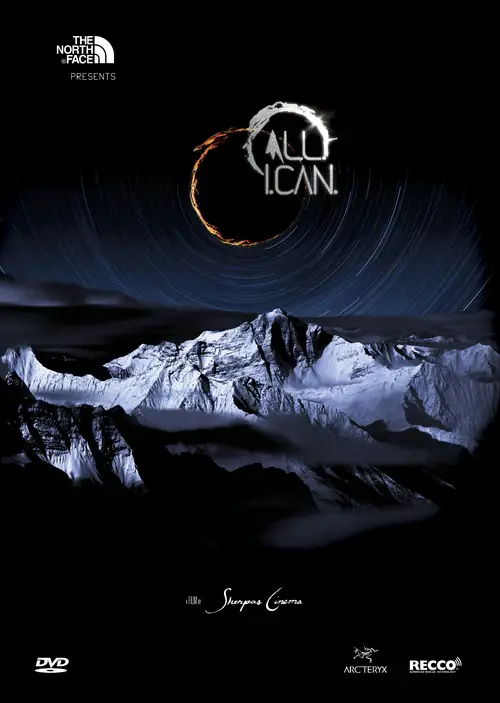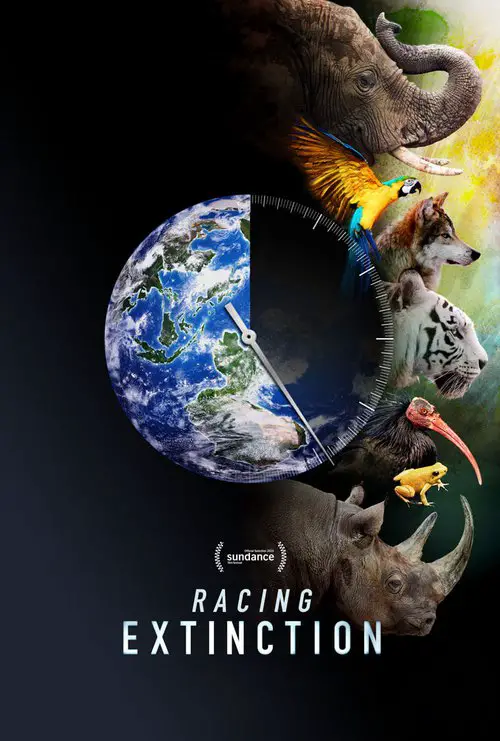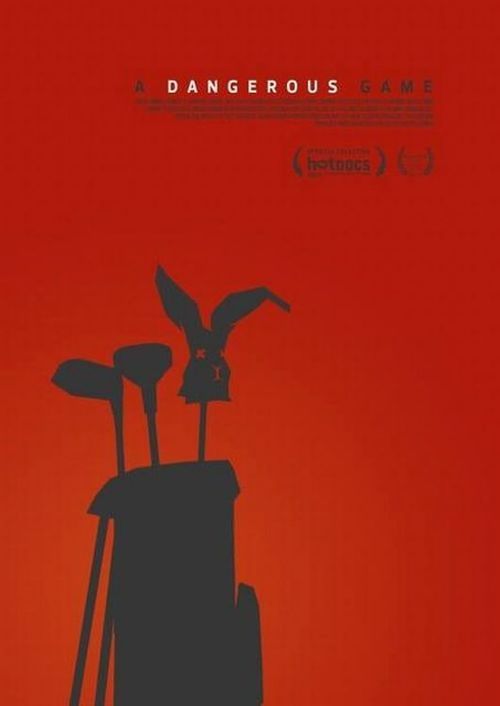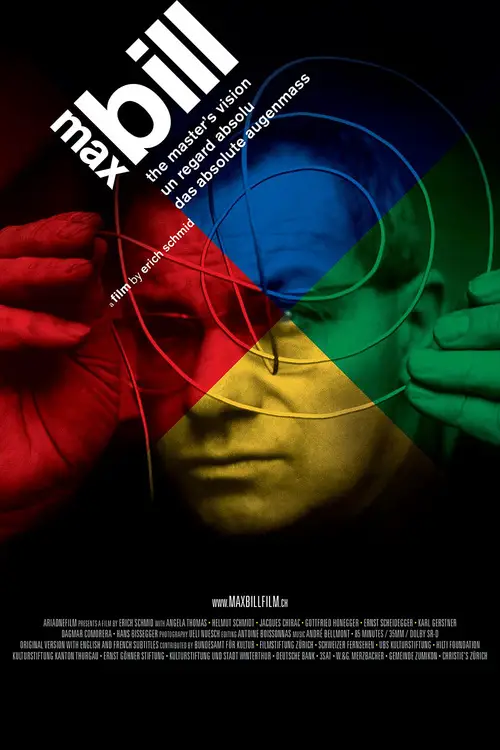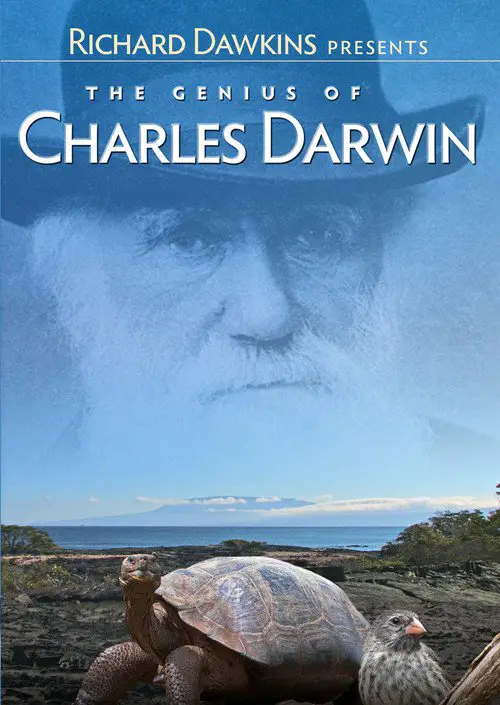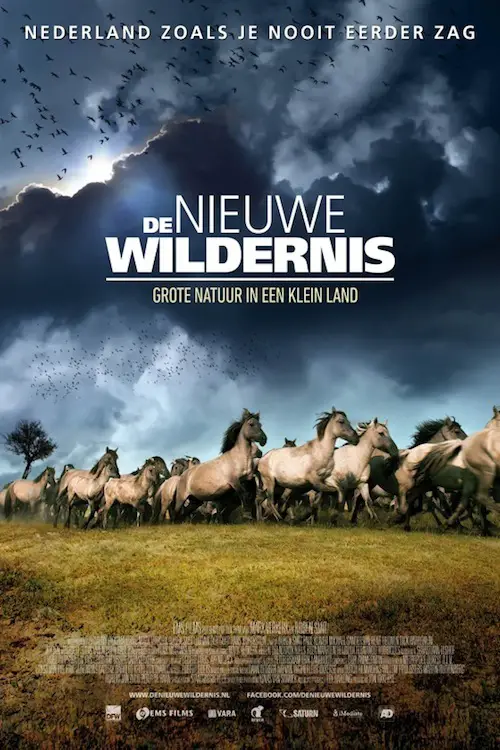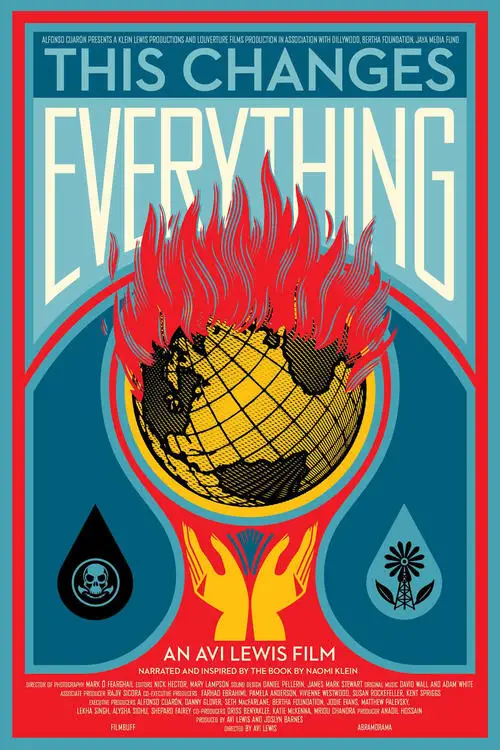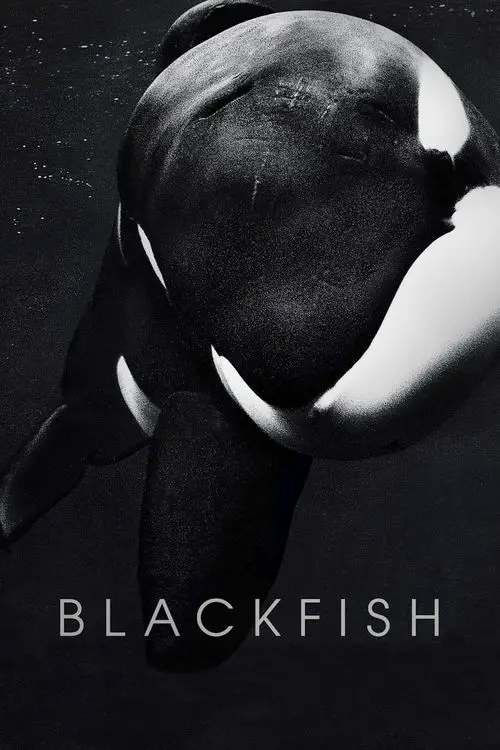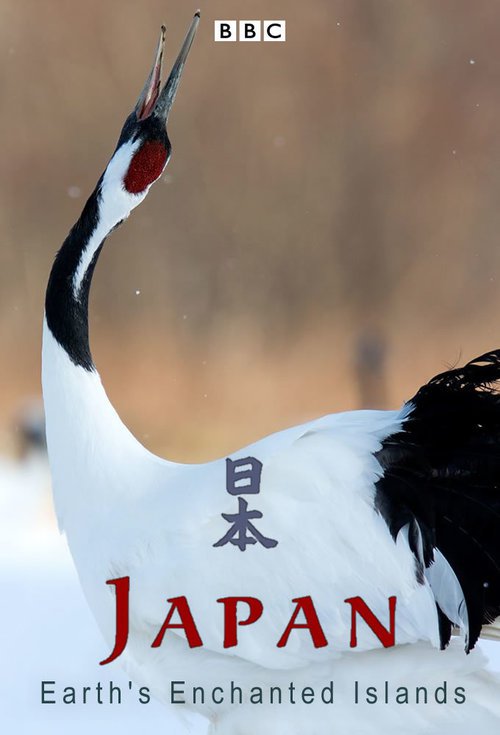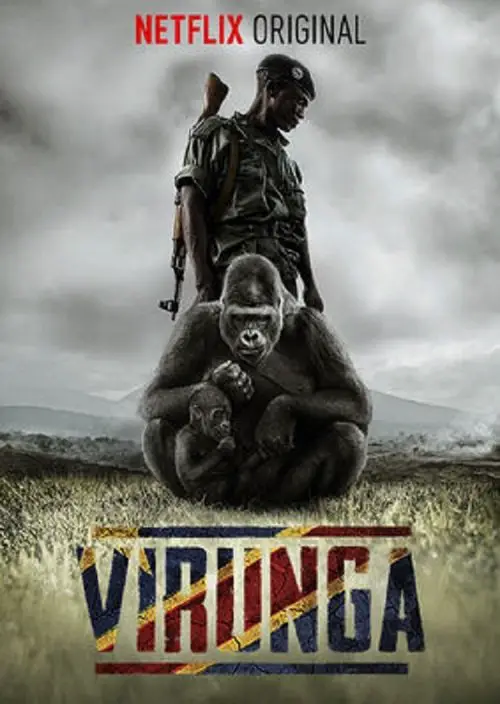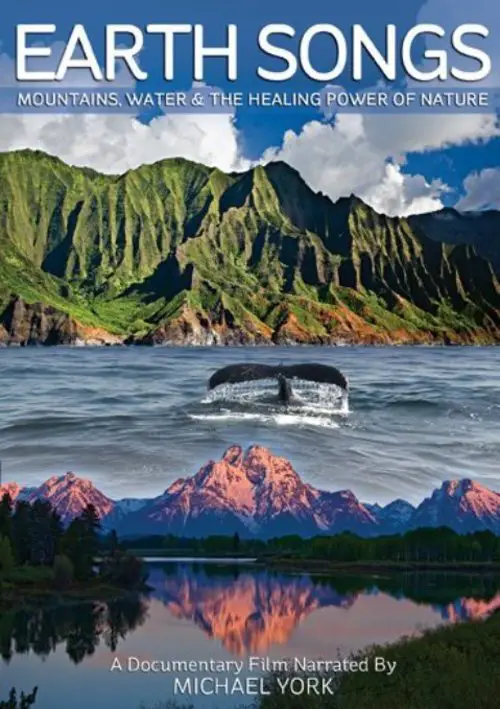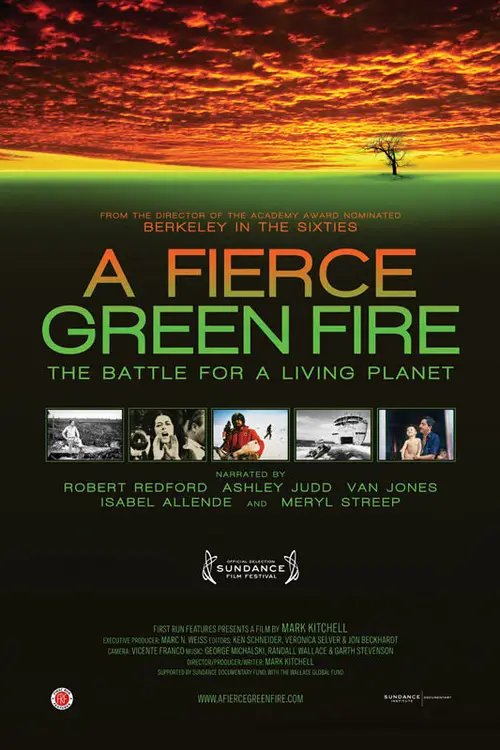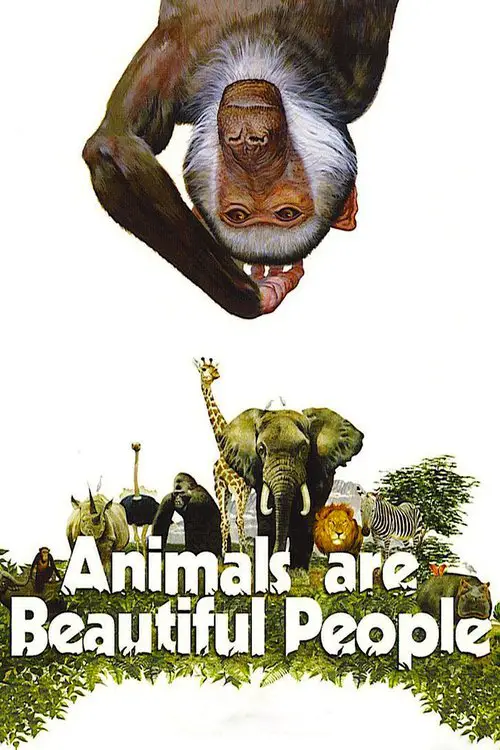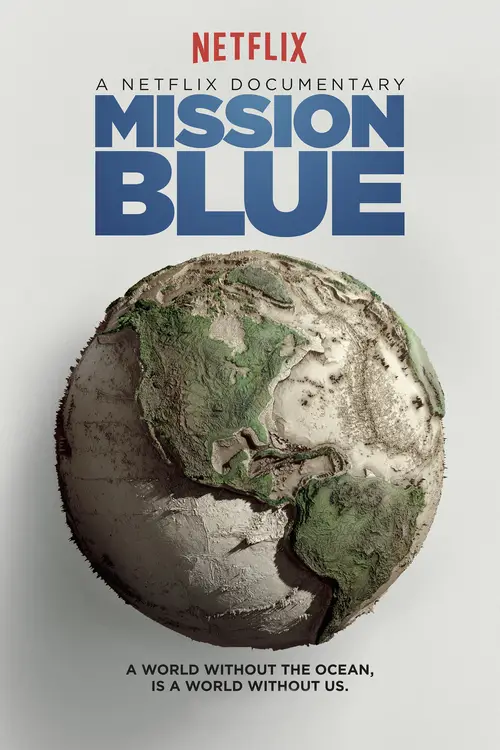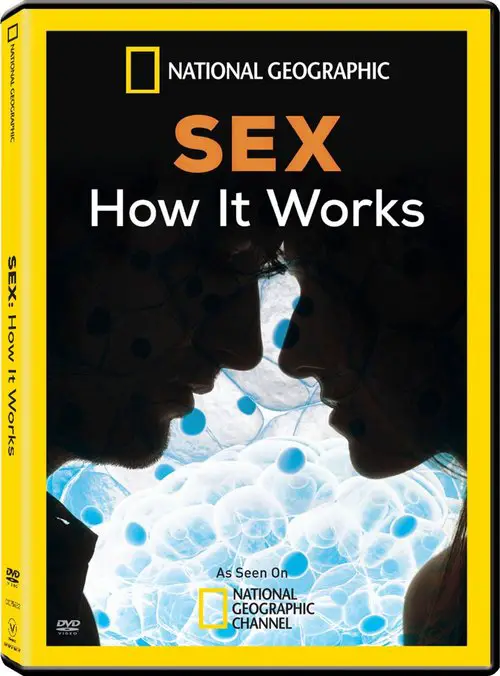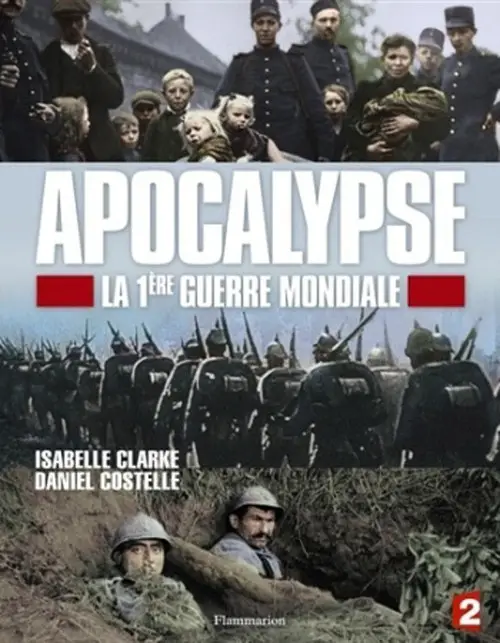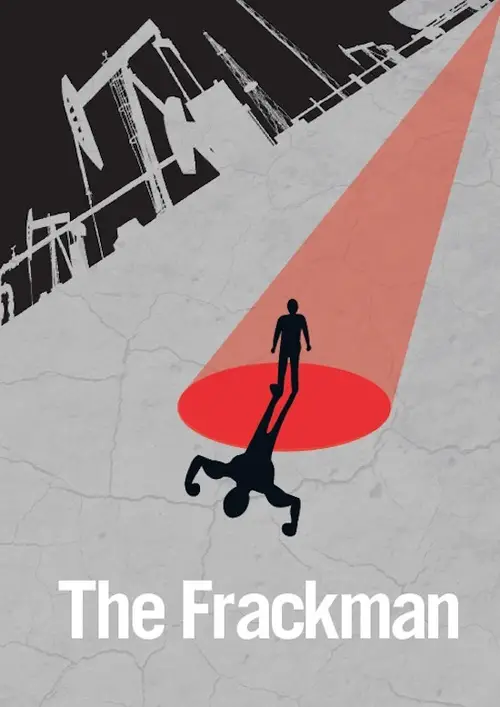Earth Overhaul (2011)
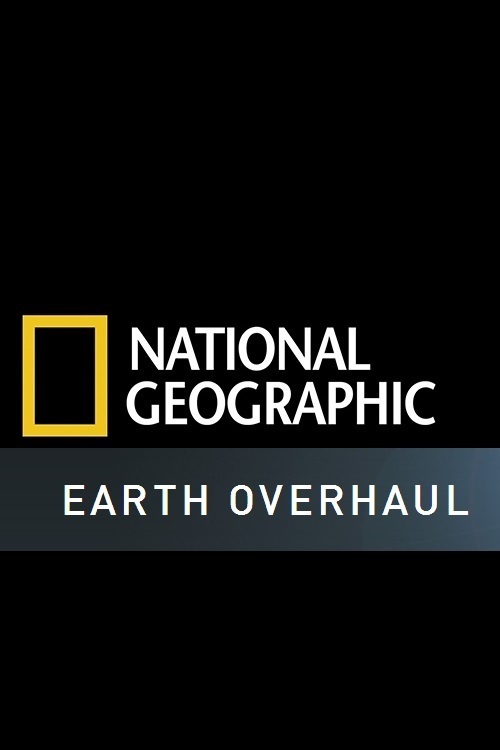
Similar movies
When National Geographic photographer James Balog asked, âHow can one take a picture of climate change?â his attention was immediately drawn to ice. Soon he was asked to do a cover story on glaciers that became the most popular and well-read piece in the magazine during the last five years. But for Balog, that story marked the beginning of a much larger and longer-term project that would reach epic proportions.
A look at the state of the global environment including visionary and practical solutions for restoring the planet's ecosystems. Featuring ongoing dialogues of experts from all over the world, including former Soviet Prime Minister Mikhail Gorbachev, renowned scientist Stephen Hawking, former head of the CIA R. James Woolse
In the valleys of Appalachia, a battle is being fought over a mountain, the consequences of which affect every American; it's a battle that has taken innocent lives and threatens to take more. It is a battle over protecting our health and environment from the destructive power of Big Coal. Mining and burning coal is at the epicenter of America's struggle to balance its energy needs with environmental and health concerns. Nowhere is that concern greater than in Coal River Valley, West Virginia, where a small but passionate group of ordinary citizens are trying to stop Big Coal corporations, like Massey Energy, from continuing the devastating practice of Mountain Top Removal.
National Geographic Ultimate Explorer host Lisa Ling examines the consequences of China's two-decades-old "one-child policy," designed to curb the country's exploding population. Due to cultural, social, and economic factors, traditional preference leans toward boys, so girls are often hidden, aborted, or abandoned. As a result, tens of thousands of girls end up in orphanages across China. Today, more than one quarter of all babies adopted from abroad by American families come from Chinaâand nearly all are girls. Ling joins some of these families as they travel to China to meet their new daughters for the first time. Along this emotional journey, she shares in the joy of these growing families and also witnesses firsthand China's gender gap, its roots, and its possible repercussions. Join Ling as she explores the many complex issues surrounding China's attempt to slow its swelling tide of humanity.
Darwin's great insight â that life has evolved over millions of years by natural selection â has been the cornerstone of all David Attenboroughâs natural history series. In this documentary, he takes us on a deeply personal journey which reflects his own life and the way he came to understand Darwinâs theory.
April 14, 1865. One gunshot. One assassin hell-bent on killing Âa tyrant, as he charged  the 16th President of the United States. And in one moment, our nation was forever changed. This is the most dramatic and resonant crime in American history: the true story of the killing of Abraham Lincoln. From Executive Producers Ridley Scott and Tony Scott, and narrated by Tom Hanks, National Geographic Channel's first ever docudrama, Killing Lincoln, based on the New York Times bestseller, combines re-creations with historical insight in a thrilling chronicle of the final days of President Lincoln and his assassin, John Wilkes Booth.
Humanityâs ascent is often measured by the speed of progress. But what if progress is actually spiraling us downwards, towards collapse? Ronald Wright, whose best-seller, âA Short History Of Progressâ inspired âSurviving Progressâ, shows how past civilizations were destroyed by âprogress trapsââalluring technologies and belief systems that serve immediate needs, but ransom the future. As pressure on the worldâs resources accelerates and financial elites bankrupt nations, can our globally-entwined civilization escape a final, catastrophic progress trap? With potent images and illuminating insights from thinkers who have probed our genes, our brains, and our social behaviour, this requiem to progress-as-usual also poses a challenge: to prove that making apes smarter isnât an evolutionary dead-end.
A documentary on Paul Watson, who takes the law into his own hands on the open seas, confronting, by any nonviolent means necessary, the hunters who indiscriminately slaughter whales, seals and sharks, along with complicit governments and environmental organizations. Written by Anonymous "Pirate for the Sea" is a biographical film of Captain Paul Watson, the youngest founding member of Greenpeace Canada. He organized early campaigns protesting the killing of seals, whales, and dolphins. Greenpeace ejected him for being too much of an activist. Starting his own organization, the Sea Shepherd Conservation Society, he went on to sink illegal whaling ships, stopped Canadian seal hunts for ten years, permanently halted sealing in British Isles, killing of dolphins on Iki Island, Japan, etc. This documentary witnesses his latest campaigns and explores the personal and environmental history of this controversial marine conservationist. Written by R.C.
Glacier National Park is undergoing dramatic changes. As the glaciers that give this wilderness its name rapidly melt away, it is clear the park will never be the same. Explore the backcountry of this scenic region s pristine forests, alpine meadows, rugged mountains, and spectacular lakes to discover a dramatic transformation and witness a defiant new environment as it emerges.
The story of a race against time to help preserve the untouched forests of Burma and its wildlife. For the first time in over 50 years, a team of wildlife filmmakers from the BBC's Natural History Unit and scientists from the world renowned Smithsonian Institution has been granted access to venture deep into Burma's impenetrable jungles. Their mission is to discover whether these forests are home to iconic animals, rapidly disappearing from the rest of the world.
"Go Further" explores the idea that the single individual is the key to large-scale transformational change. The film follows actor Woody Harrelson as he takes a small group of friends on a bio-fueled bus-ride down the Pacific Coast Highway. Their goal? To show the people they encounter that there are viable alternatives.
Award-winning musician Björk and legendary broadcaster and naturalist Sir David Attenborough have admired each other's work for years but this is the first time they have discussed their mutual love of music and the natural world on screen. In this remarkable documentary, Björk explores our unique relationship with music and discovers how technology might transform the way we engage with it in the future.
In 1995 and '96 the decision was made by the United States Fish and Wildlife Service to transplant wolves from their homeland in Canada and release them in Yellowstone National Park and central Idaho. The agency, along with many environmental and animal rights groups, praised the decision: it was almost as though they were triumphantly heralding the return of some unjustly banished royalty. But their real triumph was that, by elevating animal over man once again, they were given access to tens of millions of dollars and greater control over both private and public property. Putting wolves in Yellowstone was never about saving wolves or balancing ecosystems. There was another agenda. One they would not reveal to the American public, but would see through, no matter how far they had to bend the rules, no matter how much they had to steal, no matter how bad they had to lie, no matter the cost. And they did it. Whatâs done is done. And nobody has ever looked back since⦠â¦Until now.
A documentary about the influences on Tolkien, covering in brief his childhood and how he detested the onslaught of industry through the idyllic countryside, moving on to describe his fighting experience from WWI, and closing with a look at the Finnish inspiration for the scholar's self-invented languages of Elfish. In between are interviews with the cast of the films and some clips, by far the most from "The Fellowship of the Ring", but a few glimpses of Rohan riders (from "The Two Towers") are provided. Also, there are interviews with a range of the filmmakers.
In a remote and forgotten wilderness, one of nature's last great mysteries unfolds: the birth, life and death of a million crimson-winged flamingos. Against a dramatic backdrop of never-before filmed landscapes, these secretive birds struggle to survive and prevail over danger and fate. This inspiring story, set in the extraordinary 'otherworld' of Lake Natron in northern Tanzania, the cradle of humankind, reminds us: here on earth is a universe waiting to be discovered.
How could a civilization that mastered the planet suddenly Collapse? Inspired by the New York Times best-selling book "Collapse: How Societies Choose to Fail or Succeed", NGC time travels 200 years into the future to see what the world would look like after civilization as we know it collapsed. Guided by author Jared Diamond, we'll piece together the remarkable story of what on earth triggered our decline.
A fragment of a pinky bone and a tooth twice the size of today's average molar are the only remnants of a species we now know lived at the same time and place as modern humansâand interbred with them. They are a part of us we never knew existed. What did these "people" look like? And how do they fit into what we thought we knew about our biological development as a species?
Revolution is a new movie from internationally-acclaimed filmmaker Rob Stewart. A follow-up to his award-winning documentary Sharkwater, this continues his remarkable journey of discovery to find out that what he thought was a shark problem is actually a people problem. As Stewart's battle to save sharks escalates, he uncovers grave dangers threatening not just sharks, but humanity. In an effort to uncover the truth and find the secret to saving our own species, Stewart embarks on a life-threatening adventure through 15 countries, over four years in the making. In the past four years the backdrop of ocean issues has changed completely. Saving sharks will be a pointless endeavor if we are losing everything else in the ocean, not just sharks. Burning fossil fuels is releasing carbon dioxide into the atmosphere; changing the oceans, changing atmospheric chemistry and altering our climate.
In Botswana's Okavango Delta, an ostracized lioness and her two cubs must fight alone to survive - overcoming all manner of hazard, from the raging wildfires on the Delta, to the jealousy of sister lionesses, to the marauding males who kill her mate, to the prey that becomes predator. Their only defense is to escape to Duba Island -- and with that, an unknown future. The setting for this epic tale is one of the last regions where lions can live in the wild. Faced with dwindling land and increasing pressure from hunting, lions - like our lone lioness and her cubs - are approaching the brink of extinction.
The time has come for a ski film that stands for something. Join us as we unite spectacular cinematography with creative cinematic language to fuse our passion for skiing with our potential to help the environment. In bringing the planet to life and drawing parallels between our daily existence, we find common ground between the global situation and the real individual. Epic natural cinematography, ground breaking skiing from Chile to Greenland, and an environmental engagement that creates an accessible identification point for the viewer, leaving them with an inspiring new perspective.
In this sequel to the award-winning Youâve Been Trumped, director Anthony Baxter once again follows American billionaire Donald Trump and a cast of other greedy characters who want to turn some of the Earthâs most precious places into golf courses and playgrounds for the super rich. From the historic site of Dubrovnik to the ancient sand dunes and rolling green hills of the seaside town of Balmedie, these tycoons bully local residents, influence governments, ignore local referendums and even meddle in national environmental policies to acquire their latest trophies. With in-depth interviews and Baxterâs expert storytelling, we learn just how devastating these golf courses can be to the surrounding countryside and water tables. In this funny, inspiring and at times heartbreaking David and Goliath story for the 21st century, the locals donât give in easily. But will their fight be enough to protect their land and traditional way of life?
The film about Max Bill (1908-1994) moves between the dynamic fields of art, aesthetics and politics. Max Bill was probably the most important swiss artist of the 20th century and the most famous student to come out of the legendary Bauhaus in Dessau. He was an ardent anti-fascist and all his avant-garde work as an artist, sculptor, architect and typographer showed a social responsibility and environmental awareness right through his life. His views have become incredibly topical.
A documentary series from Channel 4, hosted by professor Richard Dawkins, well-known darwinist. The series mixes segments on the life and discoveries of Charles Darwin, the theory of natural selection and evolution, and Dawkins' attempts at convincing a group of school children that evolution explains the world around us better than any religion.
The movie De Nieuwe Wildernis is set in the Oostvaardersplassen, a nature reserve of high standard in the Netherlands. The reserve has been developed in a location that 40 years ago was under sea level in one of the most densely populated countries in the world. Nowadays, its the stage for a unique nature show: the nature determines the rhythm. EMS Films was the first with exclusive rights to shoot footage during all four seasons in the Oostvaardersplassen. The team of "De Nieuwe Wildernis" filmed in the Oostvaardersplassen over a period of two years. The result is a nature film never seen in The Netherlands before. It is a nature spectacle! The film features Konik horses, Red Deer, Foxes and Heck cattle, just to name a few, battling for new territories and survival.
Starring Norman Winther as Himself, The Last Trapper is a mix of fact & fiction. Norman is not just an admirer of nature, he's a part of it. He survives the harshness of the climate and the wildlife by coexisting with it. With his wife Nebraska (played by May Loo), they live almost entirely off the land, making money by selling their furs.
In Japanâs crowded archipelago, there are still places where nature thrives â and Japan has a surprisingly vast range of landscapes, from the far north, where sea eagles walk on frozen seas, to subtropical southern islands, with coral reefs and volcanoes, and the central islands, with forested mountains, home to bears and monkeys. This series explores how life survives across these islands, and how humans and wildlife have found ways to live alongside the forces of nature and embrace them in quintessential ways.
Virunga in the Democratic Republic of the Congo is Africaâs oldest national park, a UNESCO world heritage site, and a contested ground among insurgencies seeking to topple the government that see untold profits in the land. Among this ongoing power struggle, Virunga also happens to be the last natural habitat for the critically endangered mountain gorilla. The only thing standing in the way of the forces closing in around the gorillas: a handful of passionate park rangers and journalists fighting to secure the parkâs borders and expose the corruption of its enemies. Filled with shocking footage, and anchored by the surprisingly deep and gentle characters of the gorillas themselves, Virunga is a galvanizing call to action around an ongoing political and environmental crisis in the Congo.
Werner Herzogâs documentary film about the âGrizzly Manâ Timothy Treadwell and what the thirteen summers in a National Park in Alaska were like in one manâs attempt to protect the grizzly bears. The film is full of unique images and a look into the spirit of a man who sacrificed himself for nature.
For over two years, filmmaker Brian Luke Seaward traveled to many of the world's most pristine locations - Patagonia(Chile), the Caribbean, Iceland, the Canadian Rockies, Hawaii, Greenland, Alaska, Peru, and New Zealand - capturing the Earth's beauty in ways that are rarely seen. Inspired by decades of National Geographic specials, and the BBC's Planet Earth series, Earth Songs takes the viewer on a journey of this planet we call home.
It is the largest movement the world has ever seen, it may also be the most important - in terms of what's at stake. Yet it's not east being green. Environmentalists have been reviled as much as revered, for being killjoys and Cassandras. Every battle begins as a lost cause and even the victories have to be fought for again and again. Still, environmentalism is one of the great social innovations of the twentieth century, and one of the keys to the twenty-first. It has arisen at a key juncture in history, when humans have come to rival nature as a power determining the fate of the earth.
We've been doing it since we first walked the Earth. It gives us pleasure and it gives us life. But how much do you know about how sex works? Now, National Geographic Channel takes a fascinating look at one of the world's most popular pastimes: sex. Through gripping real-life stories and simulations, we journey from first times to playing the field, and all the way to humankind's ultimate goal, procreation. We'll learn anything and everything you've ever wondered about sex.
Colorized historical footage in ascending order of World War 1. Not only the relatively known Flanders and France battles, but also the generally unknown Italian-Austrian, German-Polish-Russian, Japanese-German, Ottoman Empire- Allied and African German Colonies, and other unknown or forgotten fronts and battles. Original French production retold in English for National Geographic channel as: World War 1: The Apocalypse
Frackman tells the story of accidental activist Dayne Pratzky and his struggle against international gas companies. Australia will soon become the world's biggest gas exporter as more than 30,000 'fracked' wells are sunk in the state of Queensland where Dayne lives. He and his neighbours have unwittingly become the centre of a massive industrial landscape and they have no legal right to stop mining on their land. Dayne embarks on a journey that transforms him from conservative pig-shooter to sophisticated global activist as the Frackman. He meets the people drawn into a battle that is crossing the ideological divide, bringing together a peculiar alliance of farmers, activists and political conservatives. Along the way Dayne encounters love, tragedy and triumph.
© Valossa 2015–2026
| Privacy Policy
